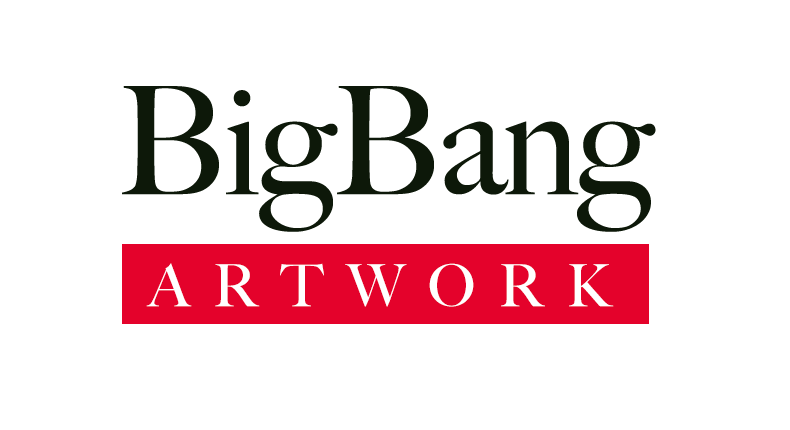Growth Mindset
SUMMARY
- What is the Moon Festival
- Join the 2024 Sunnyvale Moon Festival
- 2024 Sunnyvale Moon Festival Our Partners & FAQ
- Join the BigBang Artwork Tutor Program!
- Celebrating Culture and Talent : Highlights from the Spring Festival Gala
- A Spooky Stroll Down Memory Lane: 2024 Sunnyvale Halloween Fair!
- 9th march Sunnyvale New Year Summary
- Exclusive Interview Sophie Kou
- Thea Chan: 2024 international Children’s Lunar New Year Gala
- Students Donate Their Paintings of Saratoga To The City Of Saratoga
“Once your mindset changes, everything on the outside will change along with it.” In his illuminating novel, Life, the Truth, and Being Free, Steve Maraboli highlights the concept of a growth mindset. What exactly is a growth mindset? Developed by psychologist Carol Dweck, the definition of a growth mindset is the belief system people have when it comes to learning. Having a growth mindset is not only being able to bounce back from failure but also having a more positive perspective on failure.
So why is developing a growth mindset critical? Having this mindset guides you through any obstacle in life. The knowledge that setbacks aren’t perpetual, that the brain is ever-growing, and that there is always more to learn will keep you from giving up when things (inevitably) go wrong. A growth mindset places emphasis on hard work, on perseverance, on the journey rather than the destination.
Nowadays, there are tons of free resources available to students. There are four in particular that work amazingly for scheduling, sorting, and decluttering: Google Calendar, Mindnode, Quizlet, and Notion.
No one is born with a growth mindset. Developing one takes time, effort, and an active mind and spirit. Here are some tips for building a healthier way of thinking!
Reflect
See where you are right now. Do you already have a growth mindset? Do you have a fixed one? Maybe you’re somewhere in between! Wherever you are, there’s always more to learn. Start your self-improvement journey by going deeper into yourself.
Stop placing so much emphasis on what others think
Developing and having a growth mindset is about you. Your personal growth, whether it’s in academics or career. It’s not so much about other people. Caring too much about what others think about you can impede the development process, causing you to seek external approval rather than internal.
Stop making excuses for yourself
Have you ever caught yourself saying that you’re just not good at something? If you have, switch up that pattern of thinking! Instead, you can tell yourself that you have time and room to improve at what you’re doing. Humans aren’t static creatures; not succeeding at first doesn’t mean never succeeding. Saying that you aren’t inherently good at something is often used as an excuse. It’s much easier to say that than to work to be good at it. However, you’ll find it much more rewarding when you do the latter!
Stop seeing failure as permanent, or even as something negative
Have you ever heard Zig Ziglar’s quote “Each failure brings you one step closer to success”? Well, it’s true! Failure isn’t the end result, if you don’t choose to let it be. Failing at something doesn’t mean that you are hopeless at it, failing at something doesn’t mean that you won’t ever be able to get it right. It simply means that you’re in the process, and that is nothing negative about that. The process is what makes the result meaningful because it’s where we develop perspectives, gain knowledge, and grow as a result.
Growth mindset isn’t something you get by solely reading. But by doing your research on what it is, neuroplasticity, and most importantly, yourself, you’re already on the road to self-improvement. Keep an open and flexible mind and heart, apply what you read to your life, and watch it transform.
Keep an eye out for BigBang Artwork’s next blog article on study habits!
